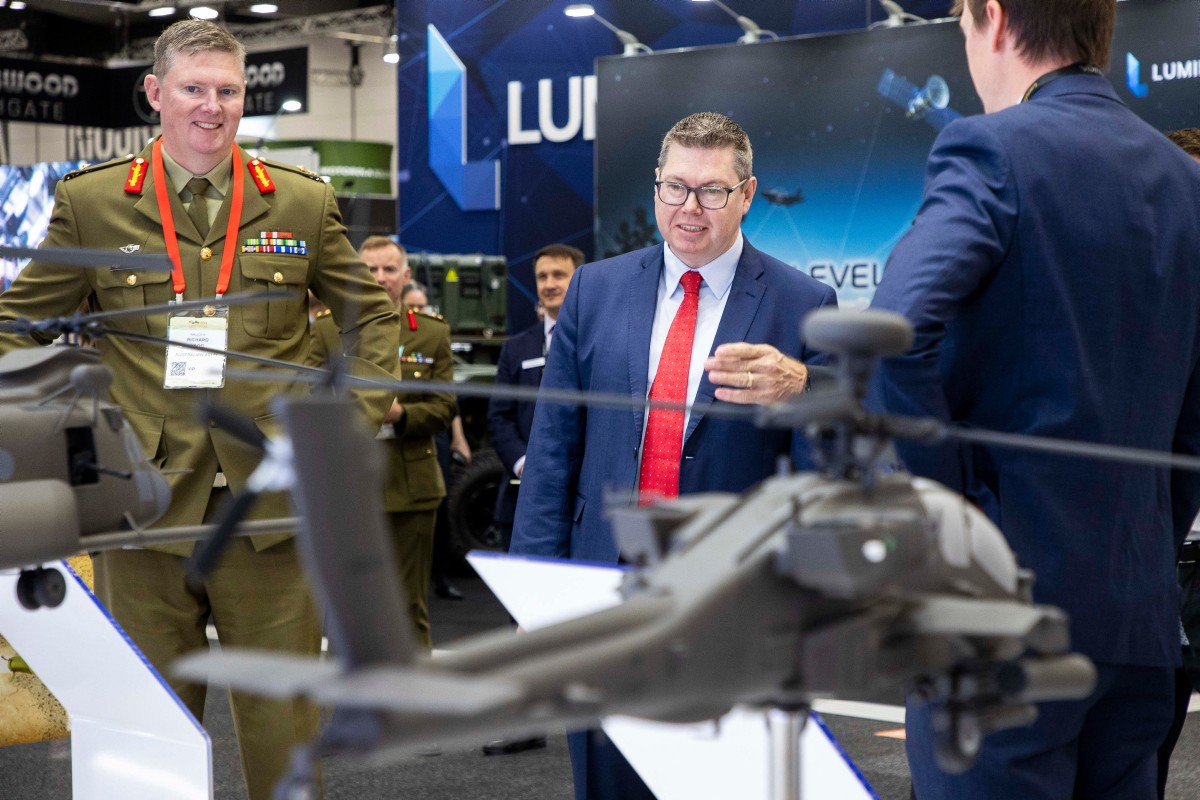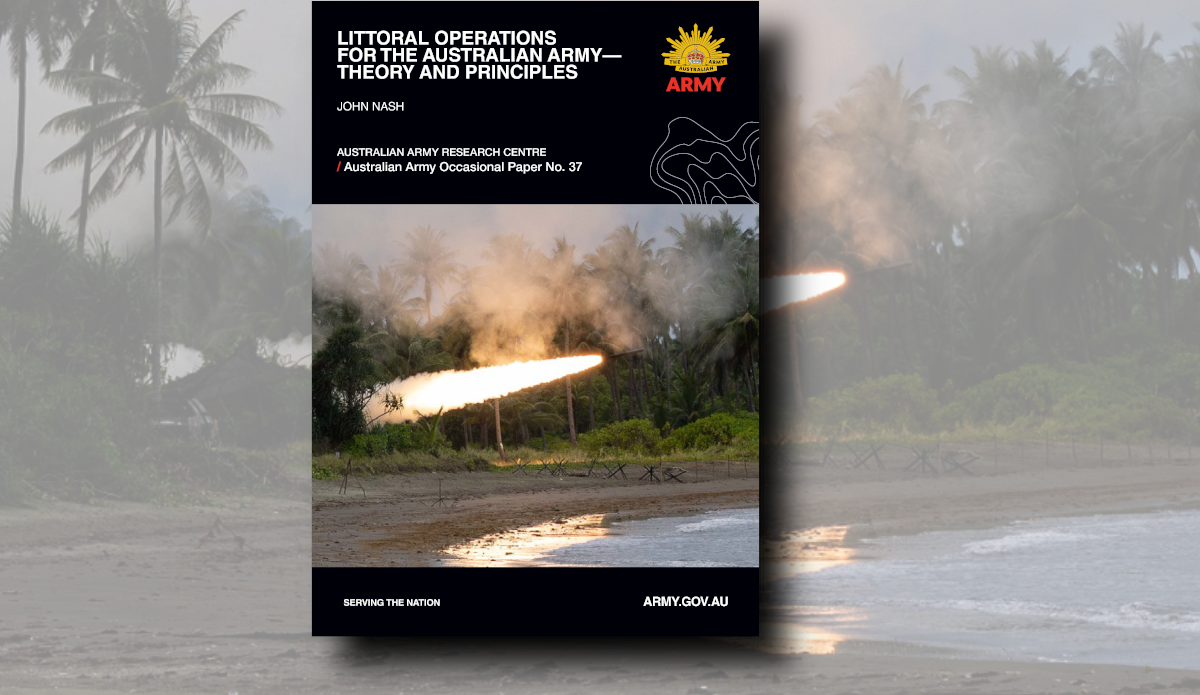The Effects of International Sanctions on Iran’s Military Spending: A Synthetic Control Analysis
Defence and Peace Economics – Jul 21
Geoeconomics – the use of economic levers for strategic ends – is a reinvigorated topic in a time of strategic competition. In recent years, there has been an increasing interest in the effectiveness of sanctions for changing the political behaviour of targeted states, particularly due to the rise of grey-zone economic tactics. Here, Mohammad Reza Farzanegan investigates whether the international sanctions placed on Iran between 2012 and 2015 caused a decline in Iranian military spending. Farzanegan’s synthetic control method demonstrates that the trajectories of military spending for actual Iran and his counterfactual Iran were largely similar before the 2012 application of international sanctions. However, these trajectories diverge significantly from this point onwards. From 2013 to 2015, Iranian military spending reduced by US$9 billion per year on average. His findings indicate that, even with states that push a significant part of their funding towards the military, economic sanctions can have noticeable impacts.
Related:
‘UN Chief Urges US to Remove Iran Sanctions as Agreed in 2015,’ Al Jazeera, 30 Jun 21
‘U.S. Lifts Some Iran Sanctions Amid Stalled Nuclear Talks,’ The Wall Street Journal, 10 Jun 21
‘Sanctions Are Now a Central Tool of Governments’ Foreign Policy,’ The Economist, 22 Apr 21
‘The Effectiveness of Economic Sanctions,’ Observer Research Foundation, 28 Feb 21
‘Do Economic Sanctions Actually Lead to Change?’ The Week, 02 Feb 21
Military Spending and Economic Growth in Turkey: A Wavelet Approach
Defence and Peace Economics – Apr 21
The effect of military spending on economic growth has long been a subject of intense debate. Usman Khalid and Olivier Habimana employ a novel statistical approach to investigate this complex relationship. Their study analyses data from Turkey between 1961 and 2014. In this period, Turkey devoted a relatively high percentage of its central government budget to defence (approximately 3.4 percent of its gross domestic product). Khalid and Hamimana found that military expenditure has a significant adverse impact on growth in per capita gross domestic product. Their results suggest military spending has little effect on growth in the short term, but its negative impact becomes increasingly severe over the long term. This conclusion challenges the neoclassical claim that military spending actually promotes economic growth.
Related:
‘How Does Defense Spending Affect Economic Growth,’ RAND, May 21
‘Does Military Spending Stifle Economic Growth? The Empirical Evidence from Non-OECD Countries,’ Science Direct, Dec 20
‘2021 Defence Budget at a Glance,’ Australian Defence Magazine, May 21
‘Military Spending in the Post-Pandemic Era,’ The Financial Express, Jul 21
‘World Military Spending Rises to Almost $2 Trillion in 2020,’ SIPRI, Apr 21




